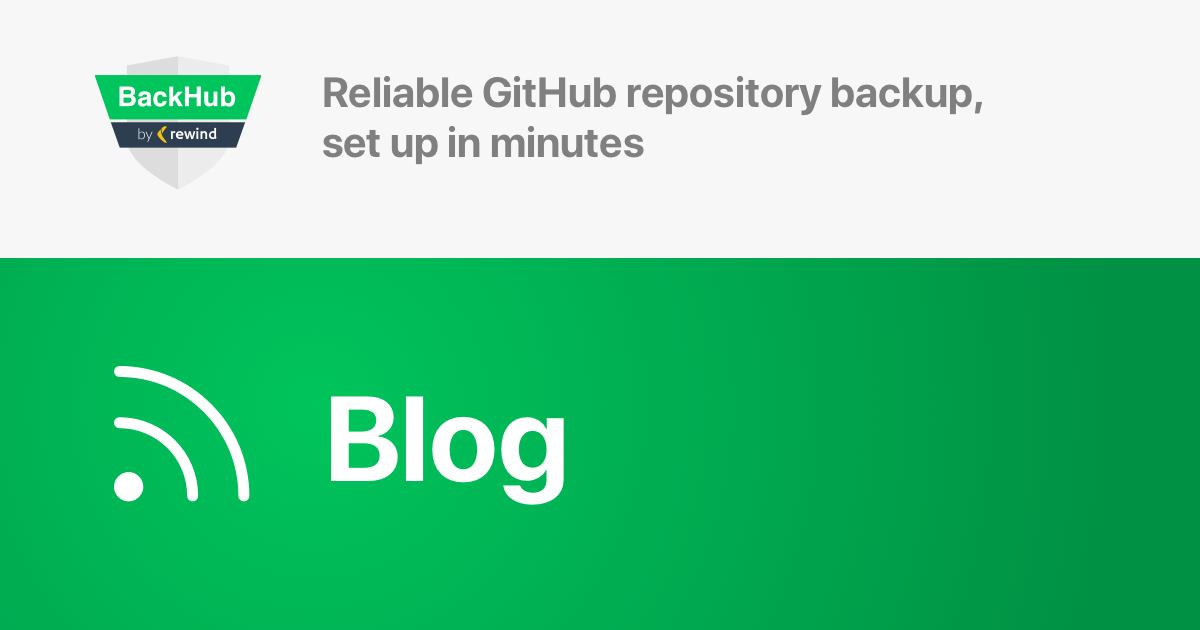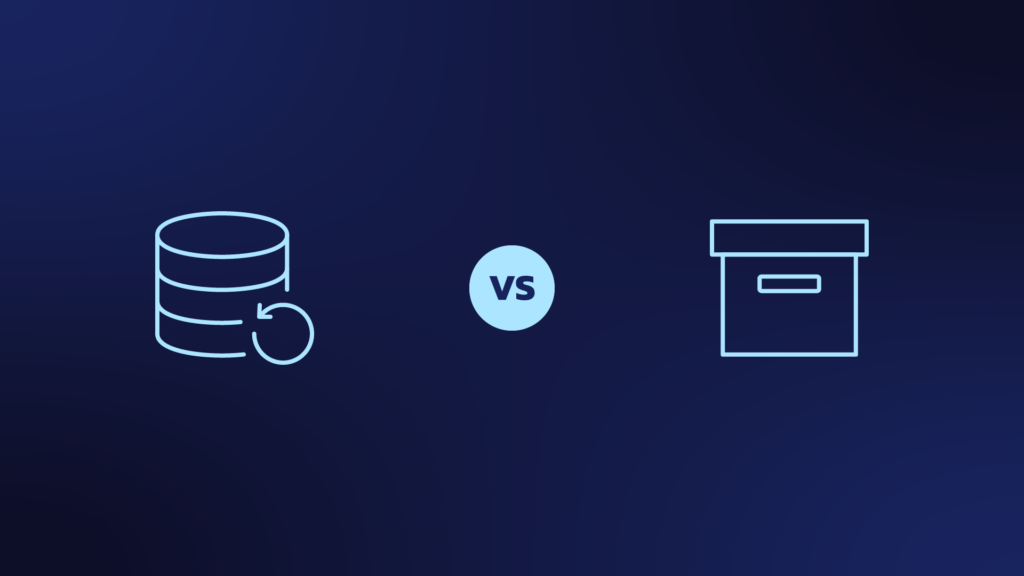In June 2018 many of us were surprised to see Microsoft announce the purchase of the developer platform GitHub for $7.5 billion. GitHub confirmed the deal [1]. Wow! What a bomb. This is only the tenth multi-billion dollar acquisition of Microsoft in its history.
As developers and frequent users of this platform, quite a few important questions instantly popped up. Specifically, we started asking:
- How will this change of ownership affect us and our work at GitHub?
- Will we be able to access our repository code in the future in the same way?
- Should we keep our repositories there or create backups?
- What are the alternatives to GitHub that offer the same features?
This article provides our responses.
Looking back at services acquired by big players
In the past, the acquisition of competitors or other players has proven that it is not always obvious what is going on behind the scenes. What is normally announced as a strategic addition to the company’s portfolio often turns out to be something else, and ends up with a discontinuation of service or decline in quality. As an example, the acquisition of SUN Microsystems by ORACLE in 2009 [5] broke up the development team of Solaris/OpenSolaris, as well as the integration of Hotmail (1997) [4], Skype (2011) [3], LinkedIn (2016) [8] and NOKIA (2016) [2] into the Microsoft universe. These disruptions caused considerable user dissatisfaction.
Idea behind the purchase
For the founders of GitHub, it is a huge success story to have developed a platform based on a revision control system that nearly every software project now uses. With regard to current popularity, former websites like SourceForge [20] and competitors like BitBucket [21] are quite far behind.
As announced by Satya Nadella, CEO of Microsoft, the company aims “[to strengthen their] commitment to developer freedom, openness and innovation.” The acquisition of GitHub confirms the new course towards integration and openness of Open Source technologies and platforms that started in 2014.
Even now, Microsoft is the most active organization on GitHub, followed by Facebook and Docker [6,7]. Their commitment is visible in the collaboration with the .NET Core project as well as the C# Compiler, Xamarin [15] (cross-platform .NET development), code for Visual Studio, the Javascript re-invention named TypeScript [16] and the Git Large Filesystem Storage (Git LFS) [13].
However, in future Microsoft has to be very sensitive to users. The GitHub community has an Open Source relation and therefore brings stronger reservations regarding Microsoft and its way of doing business. Do developers really trust Microsoft’s announcements and way of doing things? Most of us do not.
The NSA in the US and the documented collaboration (National Security Letters) of Microsoft puts commercial competitors in an awkward position. Microsoft’s communications with others has and continues to be compromised. When it comes to “bug fixes”, new exploits are still being discovered in patches [21].
What will change for developers
So far the intention seems to be to leave the platform untouched. Most of the source code is stored in repositories that are publicly available anyway, so for them there is no change. A rather critical issue might be the non-public repositories from competitors. Technically, Microsoft can access these as well, as the company is now the owner of GitHub.
Mirroring your projects
Developers should seriously consider mirroring their projects with another provider, in another legal jurisdiction, preferably more affordable and accessible to smaller players. Microsoft has a history of anti-competitive behavior that is difficult to match in case of a legal dispute.
Alternatives to GitHub
In case you do not trust GitHub anymore, you could considering changing to a different platform. Different models are offered by GitLab [9], Gitia [10], GitKraken [11], Beanstalk [12] and others. Keep in mind that they have different prices, and check what fits your needs.
Conclusion
Keep generic code open source, and your secret source in-house. A change is done quickly but you need to move pre-emptively before you are left at the mercy of your competitor.
Sooner or later a change of ownership always brings surprises. Stay with your repository at GitHub, keep your eyes open, and move quickly if needed for non-strategic open source projects. Keep in mind that in all cases, you have to budget for higher costs as you are forced to duplicate some or all of your code workflow.
Acknowledgements
The author would like to thank Axel Beckert, Zoleka Hatitongwe and Gerold Rupprecht for their support and critical remarks while writing this article.
Links and References
- [1] Microsoft to acquire GitHub for $7.5 billion
- [2] Nokia und Microsoft: Der Anfang vom Ende
- [3] Microsoft bestätigt Übernahme von Skype
- [4] Microsoft acquires Hotmail
- [5] Oracle Buys Sun
- [6] Rainald Menge-Sonnentag: Microsoft führt GitHubs Open-Source-Charts an
- [7] The State of the Octoverse 2017
- [8] Microsoft to acquire LinkedIn
- [9] GitLab
- [10] Gitea
- [11] GitKraken
- [12] Beanstalk
- [13] Git LFS
- [14] A bright future for GitHub, Announcement on GitHub
- [15] Xamarin
- [16] TypeScript
- [17] Shaun Nichols: If at first you, er, make things worse, you’re probably Microsoft: Bug patch needed patching

 Frank Hofmann">
Frank Hofmann">


